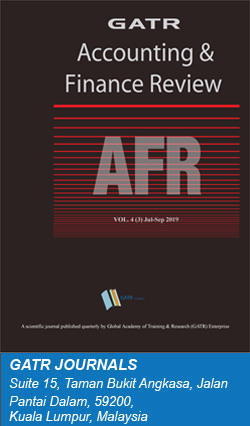Objective -
Transparency is promoted as one of the most important measures against corruption. E-government provides greater access to information that can subsequently increase transparency, accountability, and be used as an effective anti-corruption tool. The purpose of this study is to examine the relationship between e-government and corruption.
Methodology/Technique -
To gain more insight, we also investigate the effect of e-procurement as one of the e-government initiatives for tackling corruption. We use observations from local government (districts and cities) in Indonesia during the period 2012–2015.
Findings -
The results show that e-government implementation is associated with lower corruption. E-government reduces corruption by removing discretion, thereby curbing the opportunities for arbitrary action that often result in corruption.
Novelty -
Moreover, the results also show that adopting e-procurement increases transparency and accountability through increased competition among bidders and enables real-time access to information, which ultimately reduces corruption in public procurement.
Type of Paper:
Empirical
Keywords:
accountability, corruption, e-government, e-procurement, transparency
JEL Classification:
M10, M48.


